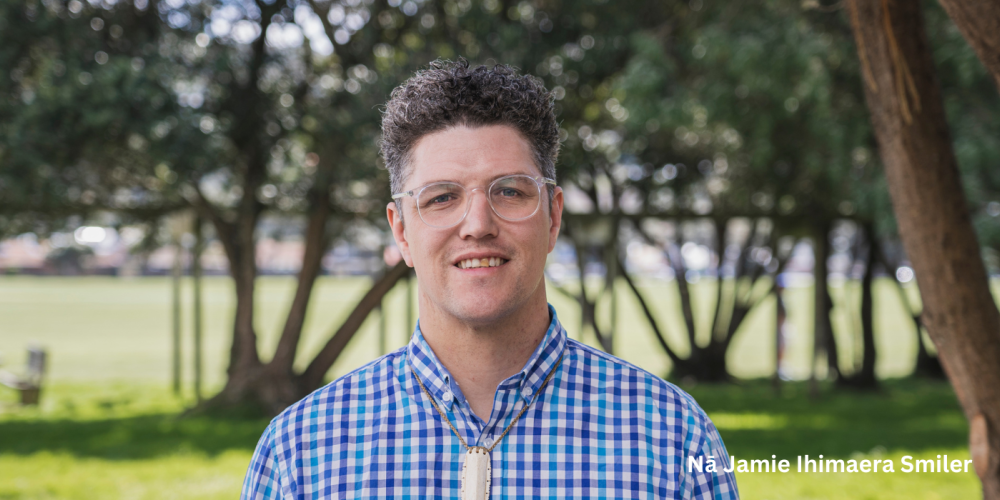He Arotakenga Mātākōrero Literature Review
What does carpentry education and qualification look like for Māori?

Me pēhea te āhua o te whai mātauranga me tohu kaihanga whare mō te iwi Māori?
What does carpentry education and qualification look like for Māori?
This literature review has been conducted using the tools of Kaupapa Māori Theory and Praxis. It uses an approach that looks broadly across published academic literature with a focus on Māori success within vocational and trades-based education within construction and infrastructure settings. It focuses on academic and industry literature that provides insight into how success for Māori, as Māori, can be supported within carpentry education.
This review identified sixty-five articles from the past fifteen years. They have been categorised as articles that: Whakamana, Whakakaha or Whakaihiihi this kaupapa and provide insight into how Māori can be supported within carpentry education to achieve success and qualification attainment, as Māori.
From the summaries and analysis across the articles, the following kaupapa emerged:
- The development of self-efficacy significantly supports educational success for ākonga Māori. It is a foundational driver of success. Essentially, ākonga Māori success is because of their strong sense of identity, culture and whakapapa – not despite it.
- Māori possess the most potent interventions and solutions to the underperformance of carpentry education for Māori. A more prominent role for iwi in the ako process will strengthen qualification attainment for ākonga Māori.
- Industry dynamics create counterforces that do not encourage productive ako practices.
- Racism, hegemony and colonisation are very much alive in the structures and organisational cultures of the industry. These forces need to be actively resisted.
- Mental models need shifting so that ākonga Māori believe, as given, that they will be successful.
- Practical intervention and responses need to account for sector capability and capacity constraints.
- Effective pastoral care and mentoring services are very difficult to deliver but critical to success.
- The dearth of research into the efficacy of carpentry and trades education for Māori means that a research-informed approach must be taken to the design of ako delivery and support model development.
- Interventions that are not specifically designed to meet the needs of ākonga Māori perform poorly for ākonga Māori. Interventions need to be intentional in their design to produce transforming outcomes for Māori.